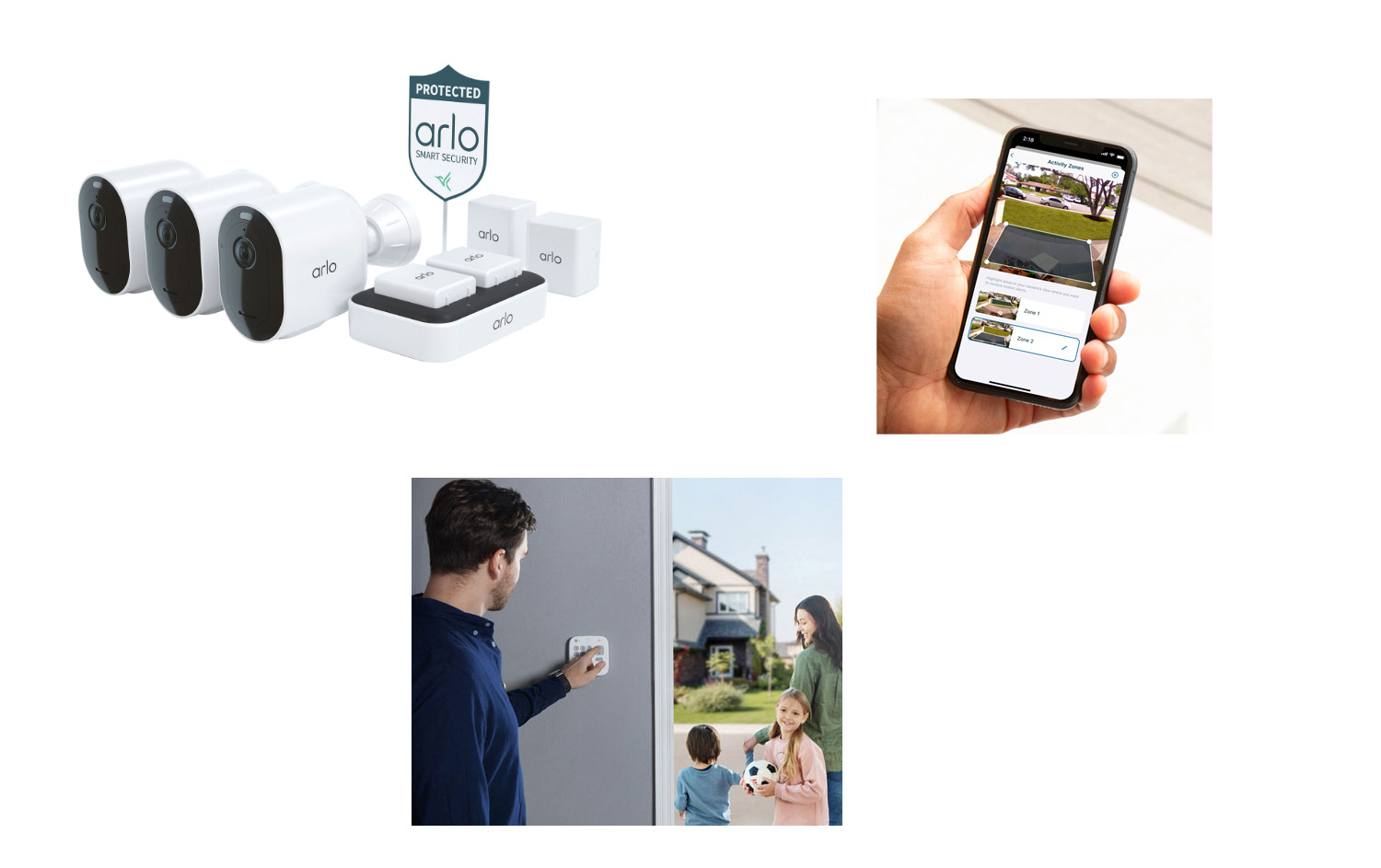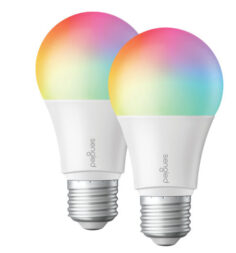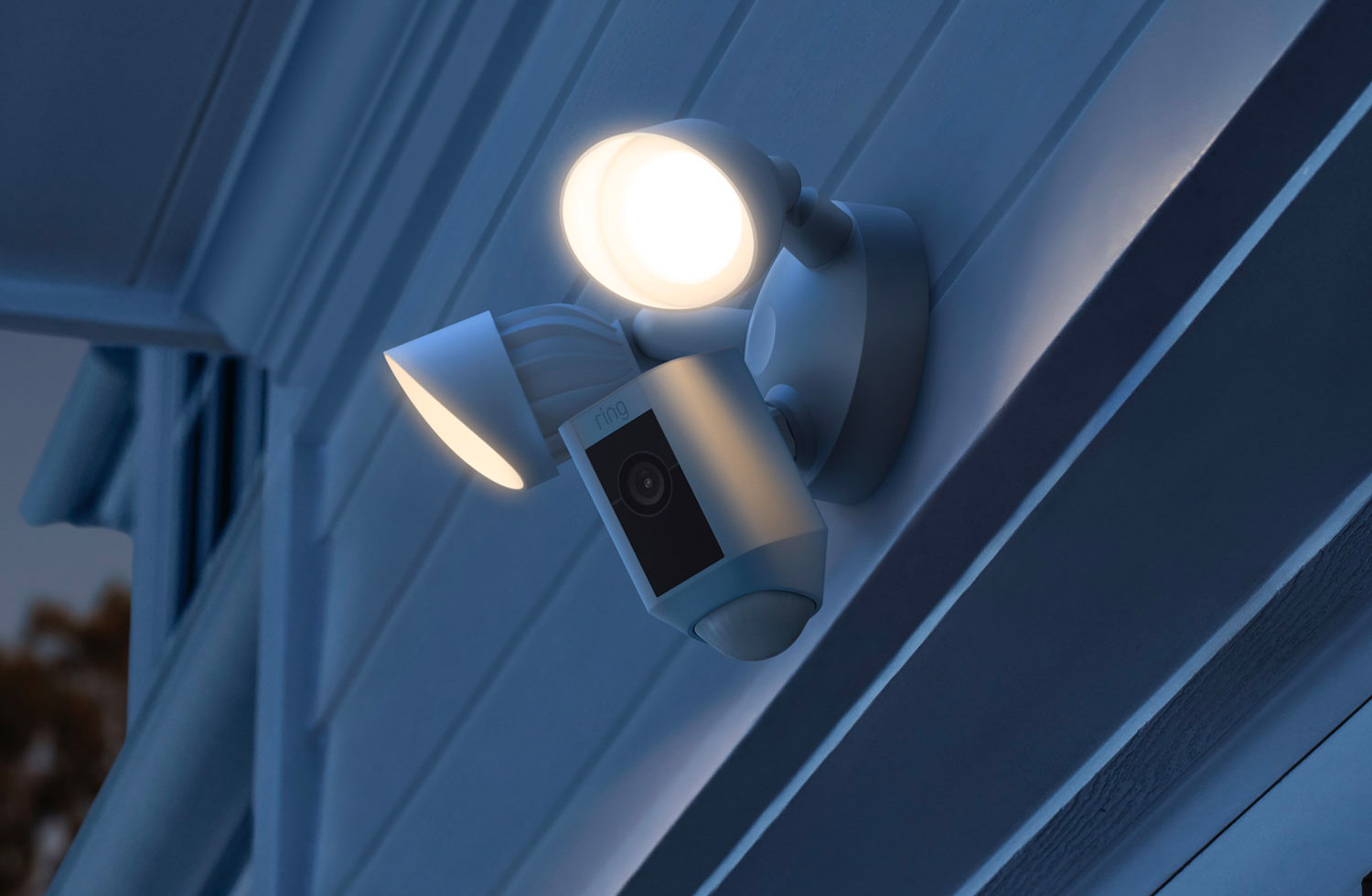
Imagine living in a home that adapts to your lifestyle, understands your preferences, and saves you money while doing it. Welcome to the realm of smart home automation, a tech-forward approach that’s redefining our daily lives. This article unveils the benefits and features of smart home systems and devices that go beyond mere convenience, delving into energy efficiency, security, and much more.
Introducing smart home benefits
Adding smart home technology is a great way to reduce wasteful energy usage around the home and enhance the safety and security of your family. And it’s not hard. Most smart home devices that you’ll find at Best Buy are easily installed and set up in just a few minutes, and then the benefits will be enjoyed by the whole family.
- Harnessing the Power of Smart Home Automation for Energy Efficiency

One significant benefit of smart home automation is its unparalleled contribution to energy efficiency. Many smart home devices, such as smart thermostats and lighting systems, are designed to optimize energy usage by learning your routines and adjusting accordingly. Adding a smart thermostat involves removing the old thermostat and using the existing wiring for the new thermostat. Smart lights can be installed as easily as removing an old light bulb and adding a smart light bulb. In both cases the benefits are immediate. These devices deliver a more sustainable living space and a potential decrease in your energy bills.
- Smart Home Security: Safeguarding Your Digital Fortress
With the advent of smart home automation, security has become more paramount than ever. Ensuring the security and privacy of your data in a smart home system begins with a secure home network. Securing your home just means following best practices such as using unique passwords, updating device software regularly, and understanding device data policies. The second step is to install the right smart tech for your home. This might include smart locks for better control of who enters the premises, and smart cameras so you have a record of anyone arriving near your home for good (like to deliver packages) or not so good ( like for taking those packages that were just delivered).
- The Ease of Installing Smart Home Systems
Setting up your smart home system can be a breeze with the right approach. Often you’ll want to plan the placement of controllers and devices first so that you have a clear understanding of your needs and the benefits you can expect to achieve when the job is complete. Simpler smart home devices often involve a straightforward setup, well within the abilities of most homeowners. For more complex systems, you could consult professionals like the Geek Squad team. Geek Squad will even help assess your needs so you know you have right system for your home.
Common question asked about smart home systems
While smart home systems offer numerous benefits, it’s essential to acknowledge and address the common concerns that potential users might have. Here, we tackle the most frequent questions about smart home automation, assuring you why it’s a wise investment.
- Boosting Property Value with Smart Home Systems
Many people wonder about the effect installing a smart home can have on property value. Investing in smart home automation doesn’t just offer an enhanced living experience, it can also potentially increase your property’s value. As the demand for smart homes grows, properties equipped with smart home devices, including smart home security systems, are becoming increasingly desirable in the real estate market. Your investment in smart home automation today could translate into a profitable sale tomorrow.
- Are smart home systems resilient
An often-asked question is, “What happens to my smart home system if my Internet connection goes down?” While smart home automation relies heavily on internet connectivity, many smart home devices are designed to function at a basic level even without it. For instance, your smart home security cameras may still record footage, although you might not receive real-time alerts. Also, a smart thermostat will continue regulating temperature, and smart locks will still open and close as you need them to. A reliable internet setup is key to ensuring maximum functionality, but there are many smart home devices that keep working when the internet is temporarily down.
Technology can fail, but so can traditional home systems. A power outage, for example, can disable traditional security systems and lights just as it can smart devices. On the plus side, many smart home devices have backup options, such as battery power, to ensure they continue functioning in such situations.
- Are smart home systems accessible for everyone

Smart home systems aren’t just about convenience or security, they can also provide invaluable assistance to individuals with disabilities or seniors. Voice-controlled devices and automated lighting, amongst other features, can offer an unparalleled level of independence, transforming their living experience. Smart home automation can be a game-changer, opening up new possibilities for enhanced accessibility.
- Privacy and security concerns
The digital age has made data privacy and security a prime concern, and rightly so. Smart home devices collect data to function effectively, leading to apprehensions about data misuse. However, many reputable smart home brands prioritize user privacy and have stringent data protection measures in place. Similarly, fears about smart home security are often rooted in concerns over potential hacking. However, advances in cybersecurity have made these systems more secure than ever. Encryption technologies, secure routers, and stronger passwords can all help safeguard your smart home system. Furthermore, regularly updating device software ensures that you benefit from the latest security patches.
- How steep is the learning curve
Smart home systems can seem complex, especially for those new to the technology. However, most devices are designed to be user-friendly, with easy setup processes and intuitive interfaces. Furthermore, plenty of resources and support are available to help you understand your devices better, from online tutorials to dedicated customer service.
- Cost: how expensive is a smart home system
The initial cost of smart home devices will vary depending on how quickly you add tech. However, when you consider the long-term benefits, such as energy efficiency, potential property value increase, and enhanced security, it’s clear that these devices are a worthwhile investment. Plus, there’s a wide range of affordable smart home products available, making it possible to start small and expand your system over time. Many people begin with securing the perimeter: doors and windows sensors, a smart lock on a high traffic entrance for maximum benefit and perhaps a camera or two in key outside locations.
- How well can different devices work with each other
The compatibility of smart devices from different manufacturers is a valid concern. Thankfully, many manufacturers are now creating products that can integrate with a range of different systems and platforms. Checking device compatibility before purchase can help ensure a seamless smart home experience.
- Obsolescence: how long with smart devices last
Technology does evolve rapidly, and new models and versions of devices are regularly introduced. However, this doesn’t automatically render older models obsolete. Many smart home devices continue to receive software updates for several years, extending their useful life and functionality.
- Do smart devices consume a lot of energy
While smart devices need power to operate, they’re generally designed to be energy-efficient. In fact, they often contribute to significant energy savings over time. For instance, smart thermostats can optimize your heating and cooling schedule based on your habits, and smart lights can automatically turn off when no one is in the room.

While there are concerns associated with smart home automation, the advantages they offer outweigh these apprehensions. As technology continues to evolve, these systems are becoming increasingly secure, user-friendly, and efficient. Therefore, investing in smart home devices remains a smart move for a convenient, secure, and energy-efficient future.
Smart home automation provides a broad range of benefits, from energy efficiency and increased property value to bolstered security and enhanced accessibility. Whether you’re embarking on your first smart home device purchase or expanding an existing smart home system, you’re making a smart investment in the future of living. Welcome to the era of living smart.
This article was drafted using AI technology and then reviewed, fact-checked, and revised by a member of our editorial team.




